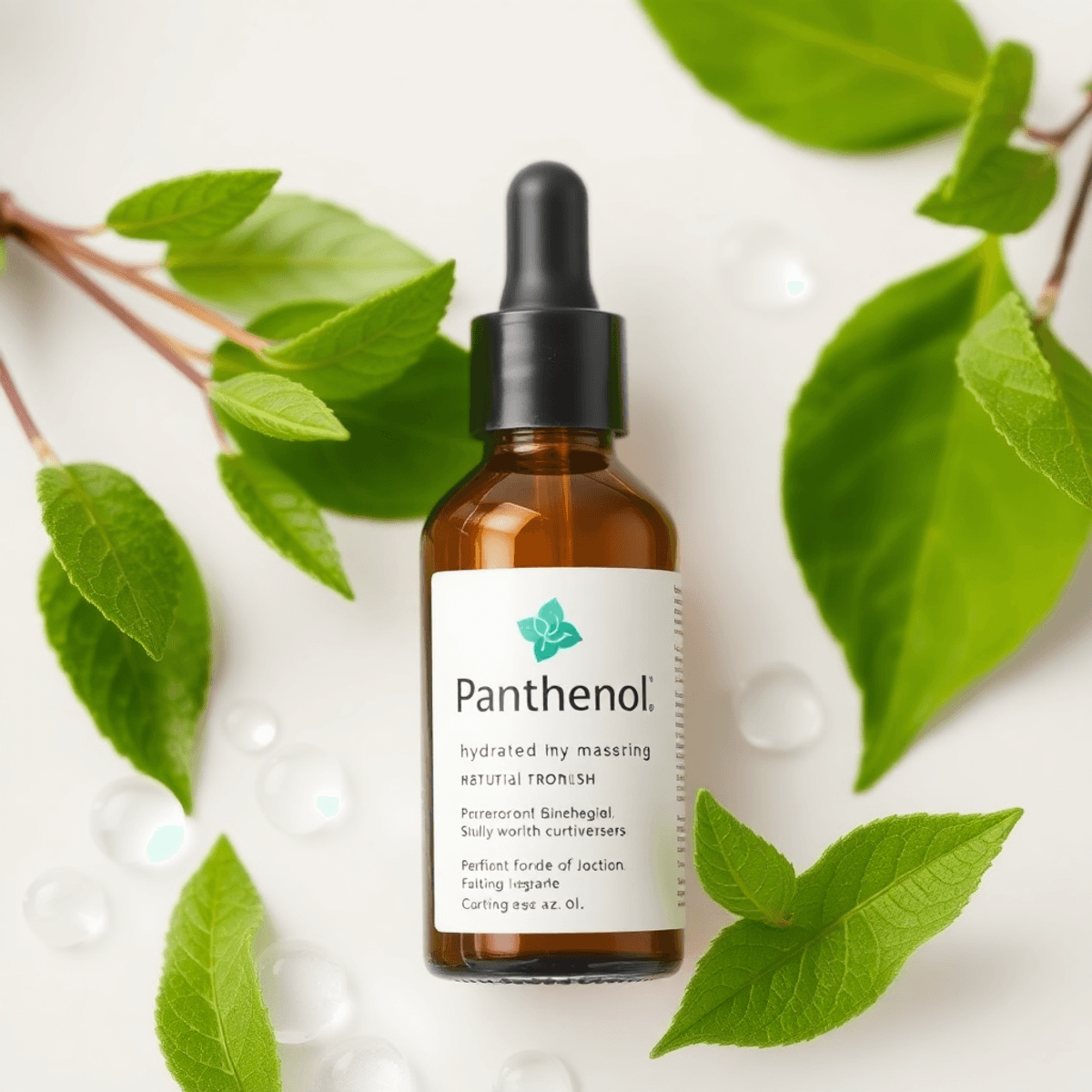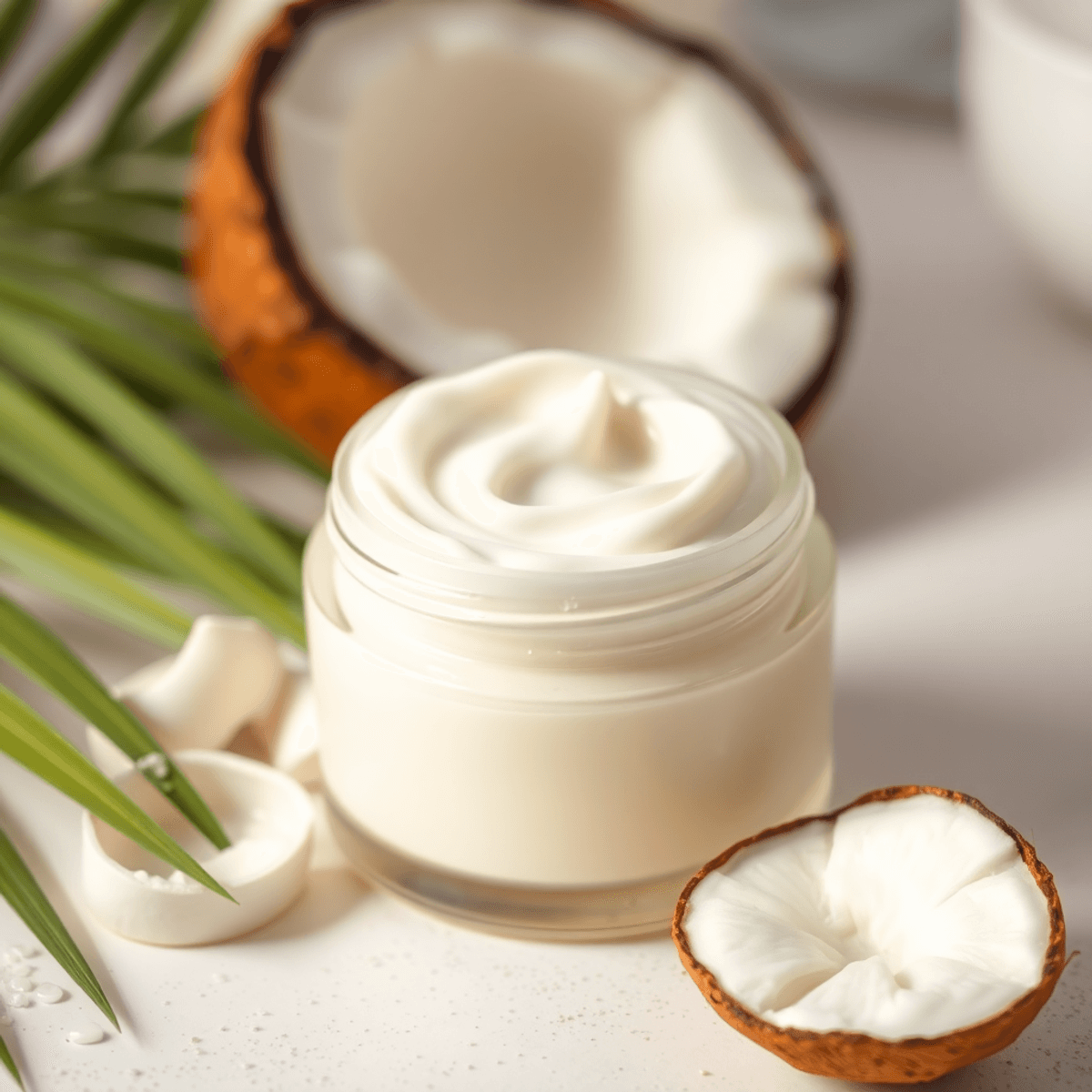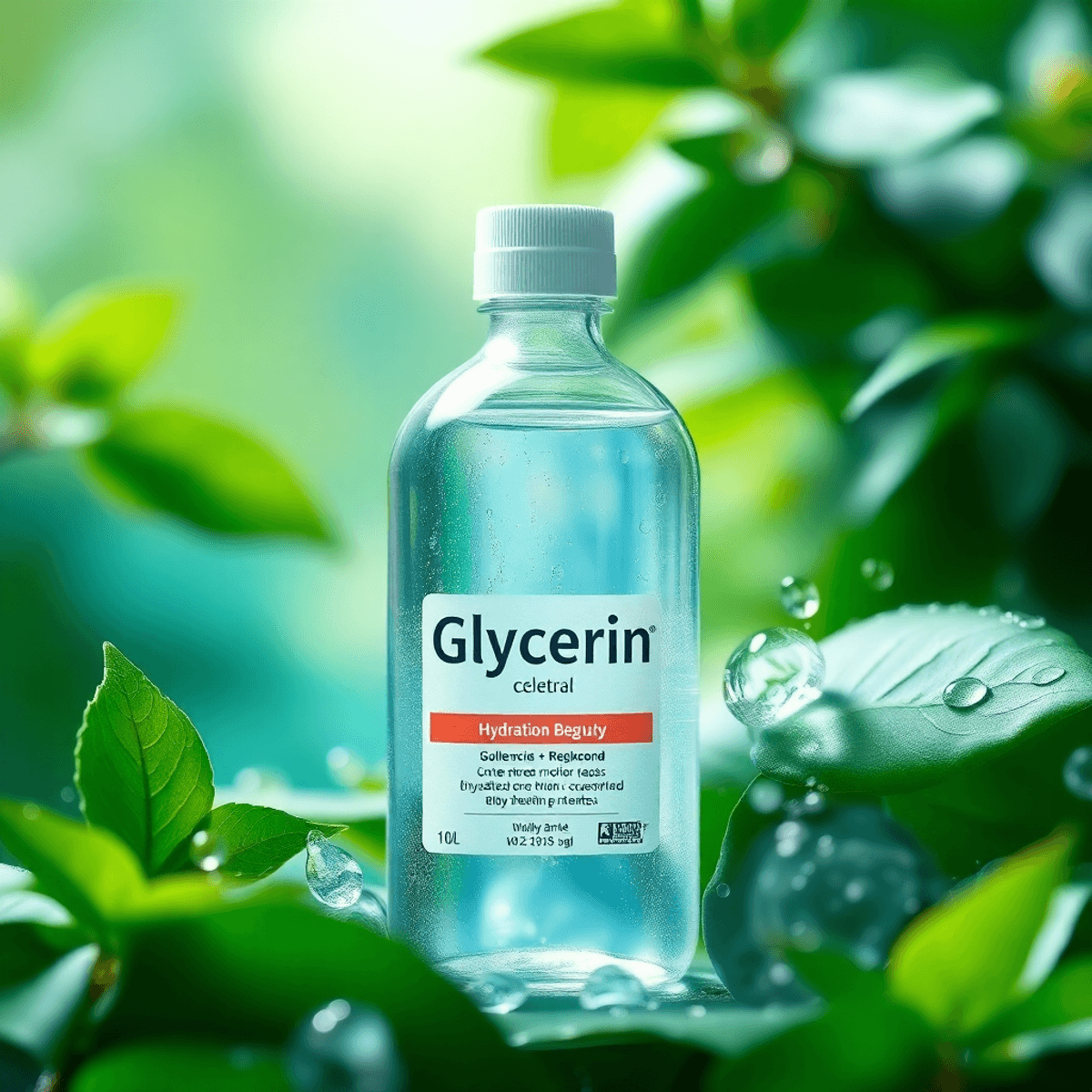7 Surprising Benefits of Berberine You Need to Know

Introduction
Berberine is a natural compound found in various plants, including barberry and goldenseal. It has a bright yellow colour and has been used for centuries in traditional medicine systems like Chinese medicine and Ayurveda. In these practices, berberine was commonly used to treat infections, diarrhoea, and inflammatory conditions.
In recent years, scientific research has begun to uncover the potential health benefits of berberine, including its ability to manage conditions such as type 2 diabetes and high cholesterol levels.
Understanding the health benefits of berberine is important because it offers potential solutions for chronic diseases that affect millions of people around the world. By studying these traditional uses and validating them through scientific research, we can explore how berberine can be incorporated into modern healthcare practices.
This exploration not only acknowledges ancient wisdom but also connects it with current medical knowledge, providing a comprehensive approach to well-being.
1. Understanding Berberine
Berberine is a natural compound found in certain plants, known for its powerful health benefits. It has been used in traditional medicine for centuries. This compound is easily identifiable by its bright yellow colour and ability to fluoresce under specific conditions.
Sources of Berberine
Berberine can be obtained from various plant species, including:
- Barberry (Berberis vulgaris)
- Goldenseal (Hydrastis canadensis)
- Chinese goldthread (Coptis chinensis)
- Tree turmeric (Berberis aristata)
- Oregon grape (Berberis aquifolium)
These plants have historically been valued not only for their medicinal properties but also for their use as natural dyes, thanks to the intense pigmentation of berberine.
Historical Uses in Traditional Medicine
Berberine has a long history of use in traditional Chinese medicine and Ayurveda, where it has been employed to address various health issues such as infections, diarrhoea, and inflammatory conditions. Its widespread application in these ancient healing systems speaks to its significance and the recognition of its therapeutic potential across different cultures.
The transition from ancient practices to modern-day interest further emphasises berberine's promise as a valuable natural remedy.
2. Berberine's Role in Blood Sugar Management
Understanding how berberine influences blood sugar regulation is key to appreciating its potential health benefits. The primary mechanism involves activating an enzyme called AMP-activated protein kinase (AMPK), which plays a crucial role in energy metabolism. By stimulating AMPK, berberine enhances insulin sensitivity and reduces glucose production in the liver, potentially leading to lower blood sugar levels.
Berberine and Type 2 Diabetes
Research highlights berberine's effectiveness in managing type 2 diabetes, a condition characterised by high blood sugar levels and insulin resistance. Various studies have shown that berberine can significantly decrease fasting blood glucose levels and improve glucose metabolism. For instance, a clinical trial demonstrated that taking 500 mg of berberine three times daily for three months resulted in remarkable improvements in glycemic control among patients with type 2 diabetes.
Comparing Berberine to Standard Medications
Additionally, meta-analyses have compared berberine to standard diabetes medications such as metformin, illustrating comparable efficacy in reducing blood glucose levels. This positions berberine as a potential adjunct or alternative treatment for individuals seeking natural options alongside conventional therapies.
The Need for Further Research
When exploring the impact of berberine on glucose metabolism, it's essential to consider the broader context of its use. While promising results have been observed, larger-scale studies are needed to confirm these findings definitively and establish guidelines for its use. However, the current evidence suggests that incorporating berberine into a comprehensive diabetes management plan could offer additional benefits for those struggling with maintaining optimal blood sugar levels.
3. Berberine for Cholesterol and Lipid Profile Improvement
Berberine has gained attention for its potential benefits in cholesterol management and improving lipid profiles, particularly in individuals with high cholesterol levels. This natural compound appears to have a positive effect on cholesterol levels by influencing specific biological processes.
Impact on Cholesterol Levels and Lipid Profiles
Here are some ways berberine may affect cholesterol levels and lipid profiles:
- Reducing the production of lipids within the liver.
- Enhancing the body's ability to remove low-density lipoprotein (LDL) cholesterol from the bloodstream.
- Decreasing total cholesterol, LDL cholesterol, and triglycerides while potentially increasing high-density lipoprotein (HDL) cholesterol.
The effects of berberine on cholesterol levels have been supported by various meta-analysis findings. These comprehensive studies indicate that berberine may be effective in managing dyslipidemia, a condition characterised by abnormal lipid levels in the blood.
Meta-Analysis Findings on Berberine for Dyslipidemia
Here are some key insights from meta-analyses regarding berberine's impact on dyslipidemia:
- A collection of studies demonstrates that individuals taking berberine supplements experience improvements in their lipid profiles.
- Despite positive results, it's important to note that many studies included in these analyses were diverse and varied in quality.
- Some reviews suggest the extent of berberine's impact on lipid profiles may be modest but significant enough to warrant consideration as part of a broader strategy for managing cholesterol levels.
While berberine's effects on cholesterol and lipids are promising, further research is needed to corroborate these findings and explore optimal dosages and combinations with other nutraceuticals for enhanced results.
4. The Anti-inflammatory and Antioxidant Powers of Berberine
Berberine has impressive anti-inflammatory properties, making it a valuable natural compound for managing inflammation-related conditions. It works by inhibiting pro-inflammatory cytokines, effectively reducing inflammation at the cellular level. This action is particularly beneficial for individuals suffering from conditions like acute coronary syndrome and irritable bowel syndrome (IBS), where inflammation plays a crucial role in symptom severity.
How Berberine Helps with Inflammation-Related Conditions
- Acute Coronary Syndrome: Patients with this condition often experience increased inflammatory markers, contributing to cardiovascular complications. Berberine's ability to dampen these inflammatory responses can potentially aid in improving patient outcomes.
- Irritable Bowel Syndrome (IBS): Characterised by chronic inflammation of the gastrointestinal tract, IBS symptoms can be alleviated through berberine's anti-inflammatory action, offering relief to those affected by this condition.
The antioxidant properties of berberine further enhance its therapeutic potential. By neutralising free radicals, berberine helps to protect cells from oxidative stress, which is a contributing factor in various chronic diseases. This antioxidant activity not only supports overall health but also complements its anti-inflammatory effects, creating a synergistic approach to tackling health issues.
These dual properties position berberine as a promising supplement for those seeking natural alternatives to manage inflammation and oxidative stress. It’s essential to consider how these benefits might integrate with existing health strategies under professional guidance, ensuring optimal efficacy and safety in addressing specific health concerns.
5. Exploring the Potential Antitumor Effects of Berberine
The potential antitumor effects of berberine have garnered attention within the scientific community due to its promising properties observed in various studies. Researchers have conducted numerous investigations to understand berberine's impact on cancer cells. Findings indicate that berberine may inhibit the growth and proliferation of cancer cells, potentially inducing apoptosis, a process where cells are programmed to die, thereby preventing tumour expansion.
Several types of cancer, including colorectal, breast, and prostate cancers, have been subjects of these studies. Berberine appears to exert its effects through multiple pathways:
- Cell Cycle Arrest: Berberine interrupts the cell cycle, slowing down or stopping cancer cell division.
- Induction of Apoptosis: Encourages cancer cells to undergo self-destruction.
- Inhibition of Metastasis: Limits the spread of cancer to other parts of the body.
Research is ongoing to fully elucidate how berberine can be integrated into cancer treatment strategies, suggesting a need for more well-designed clinical trials.
6. Synergistic Effects: Berberine with Other Nutraceuticals
Berberine's potential is amplified when it is combined with other nutraceuticals, particularly in the management of high cholesterol levels among diabetic patients. The combination of berberine and probiotics has attracted attention due to its promising effects on lipid profiles.
Benefits for High Cholesterol Management
Research indicates that combining berberine with probiotics can enhance lipid metabolism, offering a synergistic effect that improves the lipid profile more effectively than when using either component alone. This synergy is particularly beneficial for type-2 diabetic patients struggling with elevated cholesterol levels.
Improved Effectiveness
Studies have shown that these combinations not only target lipid levels but also support gut health, which plays a crucial role in metabolic processes. This dual action provides an integrated approach to managing complications associated with diabetes.
The integration of berberine in nutraceutical combinations extends beyond probiotics. Some formulations include ingredients like red yeast rice and CoQ10, which can further support cardiovascular health by managing cholesterol levels and improving heart function. As research continues to explore these combinations, the potential for berberine as part of a comprehensive nutraceutical strategy remains promising.
7. Safety, Side Effects and Considerations with Berberine Supplements
When incorporating any new supplement into your routine, understanding potential side effects is essential. Berberine, while beneficial, may not be exempt from adverse reactions.
Common Side Effects of Berberine Supplements
- Gastrointestinal Disturbances: Users frequently report issues such as diarrhoea, constipation, flatulence, or stomach cramps.
- Headache: Some individuals experience headaches after taking berberine.
- Nausea: A feeling of discomfort in the stomach can occur, leading to nausea.
Recommendations for Safe Use
- Consult a Healthcare Professional: Before starting berberine supplements, especially if you are on medication or have underlying health conditions.
- Adhere to Recommended Dosage: Excessive intake may increase the likelihood of side effects. Follow guidelines provided by a healthcare provider or the product label.
- Start with Lower Doses: Gradually increase to assess tolerance and minimise digestive discomfort.
- Monitor Blood Sugar Levels: For those taking berberine for blood sugar management, regular monitoring is crucial to avoid hypoglycaemia.
- Assess Interactions with Other Medications: Especially important for those on blood sugar-lowering drugs or anticoagulants.
Understanding these considerations ensures that berberine can be used effectively and safely as part of your wellness strategy.
Conclusion: Considering Berberine as a Supplement Option? Consult Healthcare Professionals!
Before incorporating berberine into your supplement regimen, it's crucial to consult with healthcare professionals. Engaging in a dialogue with your doctor or a qualified healthcare provider can help tailor the supplement to your specific health needs and conditions.
Understanding the studies on berberine's effectiveness is essential, yet individual responses can vary significantly. Health professionals can offer insights based on the latest research and your medical history, ensuring safe and appropriate use.
When considering berberine, remember:
- Personalised Advice: A healthcare provider can evaluate potential interactions with existing medications.
- Evidence-Based Recommendations: Professionals stay updated on emerging studies concerning berberine.
- Safety: Expert guidance can minimise risks associated with side effects or improper use.
Consulting a healthcare professional not only empowers you with informed choices but also aligns your supplement use with broader health goals.
FAQs
What is berberine and where does it come from?
Berberine is a natural compound found in various plants, particularly in certain species known for their medicinal properties. It has been used historically in traditional Chinese medicine.
How does berberine affect blood sugar levels?
Berberine plays a significant role in blood sugar management by influencing glucose metabolism. Research indicates it is effective in managing type 2 diabetes and can be compared to standard medications.
Can berberine improve cholesterol levels?
Yes, berberine has gained attention for its potential benefits in improving cholesterol and lipid profiles. Meta-analyses suggest that it may positively impact cholesterol levels and help manage dyslipidemia.
What are the anti-inflammatory effects of berberine?
Berberine possesses impressive anti-inflammatory properties, making it beneficial for conditions related to inflammation. It may help with acute coronary syndrome and other inflammation-related conditions.
Does berberine have any antitumor effects?
Emerging research suggests that berberine may have potential antitumor effects, which have garnered interest in the scientific community for its possible applications in cancer treatment.
Are there any side effects associated with berberine supplements?
Common side effects of berberine supplements include gastrointestinal disturbances such as diarrhea or constipation. It's essential to consult a healthcare professional before starting any new supplement regimen.












